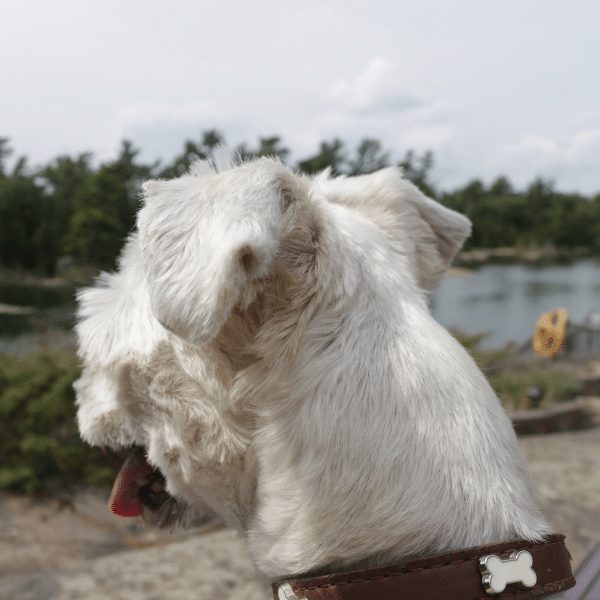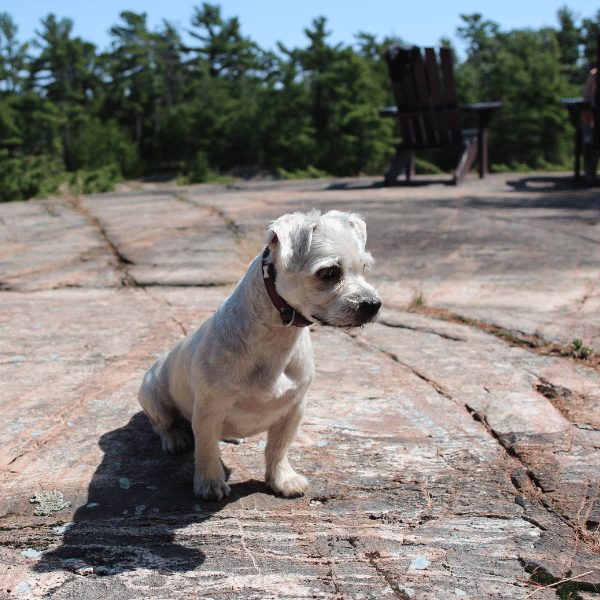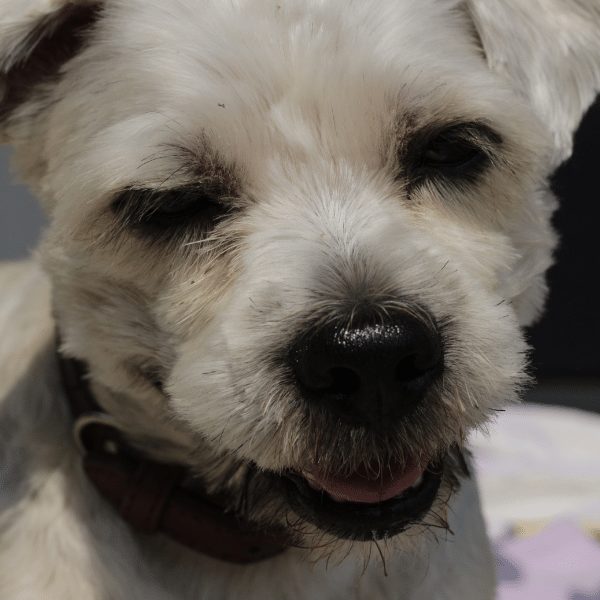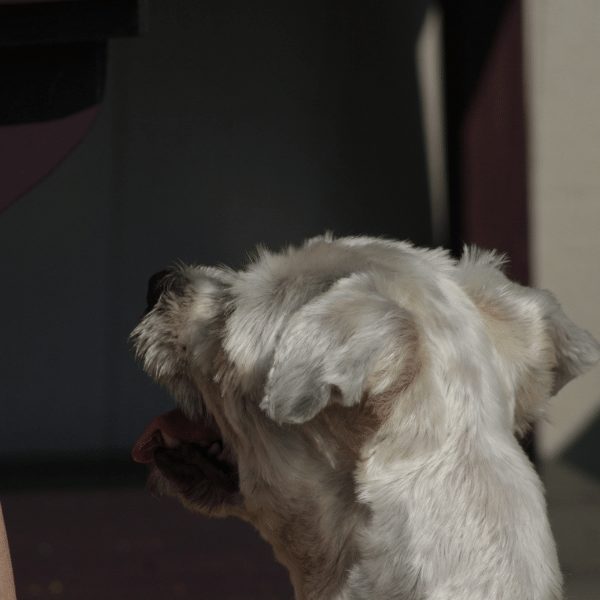Shorkie
June 3, 2021 2021-07-08 5:56Table of Contents

Origin and History
Shorkies are mixed breed dogs. They are a cross between the Yorkshire Terrier and the Shih Tzu. The Shorkie hails from the United States where it became popular in the past decade.
Since it is a fairly new breed, it is impossible to predict the temperament and appearance of most puppies. However, one thing is for sure — none of its ancestors shed a lot, which means that the Shorkie is also a low-shedding breed.

Shih Tzu
The Shih Tzu was first developed in Tibet, and although its origins are somewhat unclear, it is suspected that it resulted from a combination between the Lhasa Apso and the Pekingese.
The breed was recognized by the American Kennel Club in 1969, but in Europe, this happened much earlier, with most Shih Tzu clubs being created in the 1930s. It seems that the Shih Tzu was brought to the United States by returning military officers sometime in the middle of the 1950s.
Shih Tzus come in a wide range of colors, from gold and brown to white and black. As popular as this toy breed is, it can suffer from hereditary health problems, such as hypothyroidism and intervertebral disc disease.
Yorkshire Terrier
The Yorkshire Terrier’s origin can be traced to 19th century England. By the 1870s, it appears that the breed was already being imported into the United States. The American Kennel Club recognized it as an official breed in 1878.
Initially, the Yorkshire Terrier was used for hunting and killing vermin, which is why it was called a ‘ratter.’ Yorkies are known for their energy, loyalty, and courage.
This companion dog is said to have a hypoallergenic coat. It comes in a broad array of color combinations, from silver-blue to golden and pale cream. No matter the color, the hair should be smooth, glossy, and perfectly straight.
Teacup Yorkies have become increasingly popular in the last decade. Some breeders cross these extra small Yorkies with Shih-Tzus to create Miniature Shorkies.

Appearance
Male Shorkies have a height ranging from 6 to 9 inches and a weight between 5 to 11 pounds. By contrast, females weigh just 4 to 8 pounds and measure 5 to 8 inches.
The color variations of this breed have a wide range. There are brown and white to red and gold, black and tan, or black and white Shorkies.
The dogs’ bodies are muscular and compact, but they have a wispy and relatively thin tail that almost always sits curled over their backs. Although their Shih Tzu ancestors are brachycephalic, this feature appears in Shorkies only on occasion. All dogs have a short muzzle.
Temperament of the Shorkie
In spite of their size, Shorkies have a very sharp mind and a big personality. They are full of energy, so they love their playtime. Although some might argue that they don’t make the perfect apartment dogs, fortunately, their size contradicts this statement.
They do have to spend enough time outdoors in order to thrive, so it is recommended that you take your Shorkie puppy out for walks for at least one hour a day.
This dog breed is extremely popular with people who don’t mind having a so-called ‘dog shadow’. Since Shorkies love to interact with their human companions and are fiercely loyal, they’ll follow you everywhere around the house. They’re curious and entertaining, and they also love to spend time cuddling in their owners’ laps.
The Shorkie is not a quiet breed, so your dog will alert you with regard to intruders, other animals, children in the neighborhood, or anything else that might attract their attention.

Are Shorkies aggressive?
Shorkies are not born aggressive, however they can develop unfriendly behavior if they are not socialized properly.
Most small dog breeds do not get a sufficient amount of exposure and training – it is easy to simply pick them up when they are loud or reactive and to not invest time and effort to train them well.
If a Shorkie is handled this way it is likely that he will become aggressive and bark ferociously from your arm. He might also nip at ankles or growl at you when you try to reach for him.
Again: With proper training this won’t be an issue.

Health and Care
Since both Shih Tzus and Yorkshire Terriers are genetically predisposed to developing some medical conditions, Shorkies make no exception. Here are some of the more common health issues this dog can suffer from:
- Lens luxation
- Glaucoma
- Dental disease
- Hypoglycemia
Respiratory problems can also show up in brachycephalic Shorkies, but so can spinal disc disease coming from the Shih Tzu side.
In terms of care, Shorkies need frequent potty breaks compared to other breeds as they have a smaller urinary bladder. For this reason, you might have to place pee pads in your home, especially if you tend to be away for eight or more hours every day.
Since they can develop an array of dental problems, Shorkies have to have their teeth cleaned on a regular basis. As challenging as it might be to use a veterinary-approved toothpaste and toothbrush, maintaining good oral hygiene is essential for preventing periodontitis and other dental diseases.
To prevent your puppy from getting tear stains, you also have to wipe away their tears several times per day.
Shorkie Grooming Tips
Shorkies must have their coat brushed every single day if you want to prevent matting and tangling. If you know that you can’t manage the task, you can keep your dog’s hair short. Trimming a Shorkie’s coat needs to happen regularly. If you enjoy brushing you dog daily you can keep him in a longer coat. If you want to not spend a lot of time grooming, clip him more often.
You can find inspiration in the many different hairstyles for Shih Tzus and Yorkies.
Although some groomers recommend bathing your canine friend as often as once every two weeks, most veterinarians argue that this routine would eventually make the dog develop skin problems (such as dermatitis).
If your pooch’s coat gets dirty and you simply must clean it, you can use a dry or foam shampoo for dogs. Try to avoid bathing your puppy more often than once a month.
Make sure to pick a breed-specific shampoo made for Shih Tzus or Yorkies.

Training Your Shorkie
Like any other companion dog breed, Shorkies have a feisty temperament, and they tend to be a little stubborn. House-training can take some time, and so does crate training.
Try to look for a breeder that socializes their puppies so that the dog is well-adjusted to interacting with humans and other animals when you get them.
Persistence is key when it comes to training a Shorkie. It’s better to commit to two to three short training sessions per day rather than bore or exhaust your canine friend with a long 1-hour one.
Since Shorkies tend to get overly attached to their owners, and they can suffer from separation anxiety, make sure that you keep a firm hand and use positive reinforcement without causing your pooch to become defensive.
Deciding on a Shorkie
How can you know if a Shorkie is the right dog breed for you?
This dog can live for at least a decade, which means that you are making a long-term commitment whenever you adopt a puppy. Shorkies aren’t happy when they are left alone for many hours a day, and as a result, they can develop destructive behaviors.
If you are unsure about your decision, do a bit of online research to find out whether there aren’t any Shorkie breeders or owners in your area. You can organize meetups or go visit a kennel to see how the puppies behave at a glance.

A Shorkie is not the right dog for you if:
- You don’t want an overprotective dog
- You can’t handle a lot of barking
- You don’t have time to train your puppy several times a day
- You do not want a dog that’s predisposed to several health problems
A Shorkie is the right dog for you if:
- You want a small companion dog breed
- You live in an apartment
- You lead an active life
- You consider yourself a patient person

Finding a Puppy Breeder
Since both Yorkshire Terriers and Shih Tzu have their share of health issues, it is practically impossible to find someone that breeds perfectly healthy Shorkies. However, you can do your best at researching the breeders in your area to know whether they are ethical and reputable, at the same time.
Ideally, your breeder should provide you with recent eye tests for the puppy’s parents, which should have been performed within the past year. A sign of good faith is being offered vet records without even asking for them.
Questions for your Shorkie Breeder
- How long have you been breeding Shorkies for?
- Is this the only dog breed you specialize in?
- Have the puppies been vaccinated and dewormed?
- How is the puppy’s parents’ health?
- Do you have any references?
How much is a Shorkie Puppy?
Shorkie puppies can cost anything from $400 to $1,200 and more. With a more reputable breeder, you can expect a higher cost. It is not a good idea to try to look for the cheaper option, in this case, as backyard breeders often have no control over the health problems that their dogs develop.
Your Shorkie’s medical needs per year can range from $450 to $600, but this merely includes shots, insurance, check-ups, and flea prevention. Adding spaying or neutering to the sum can set you back at least $100.
In terms of food, treats, toys, grooming necessities, and training, a Shorkie can cost about $500 to $700 a year.

What Shorkie Owners Say:

Benny can get a little yappy from time to time. Potty training him was challenging, and so was getting him used to my other dog. But in the end, he’s a wonderful dog, and I love him to bits!

The grooming expenses can be a hard-to-swallow pill, but she needs her coat trimmed regularly to make sure that it remains healthy and beautiful. She is a little high-maintenance, so we think that the Shorkie is a breed for responsible pet parents.



